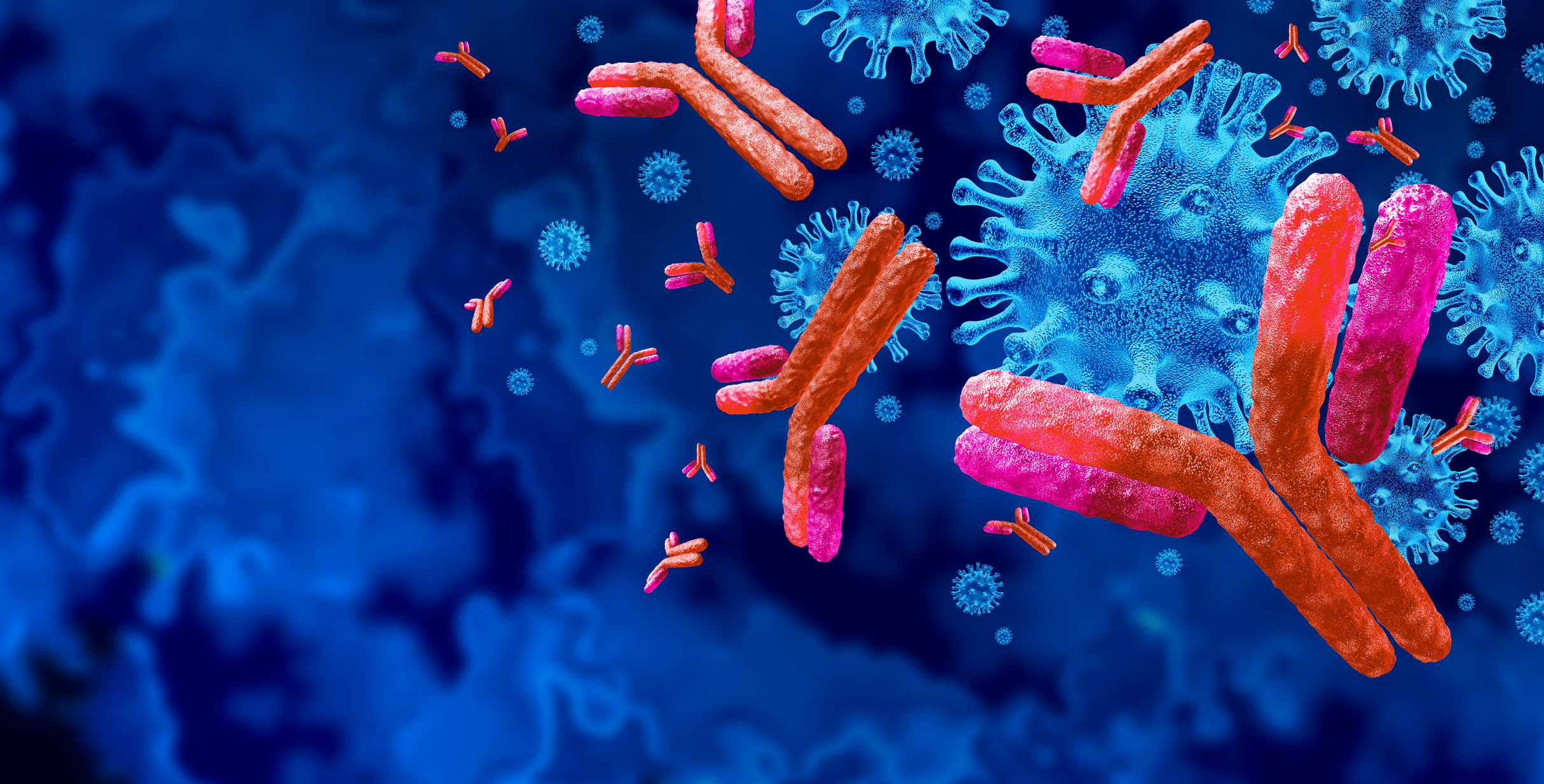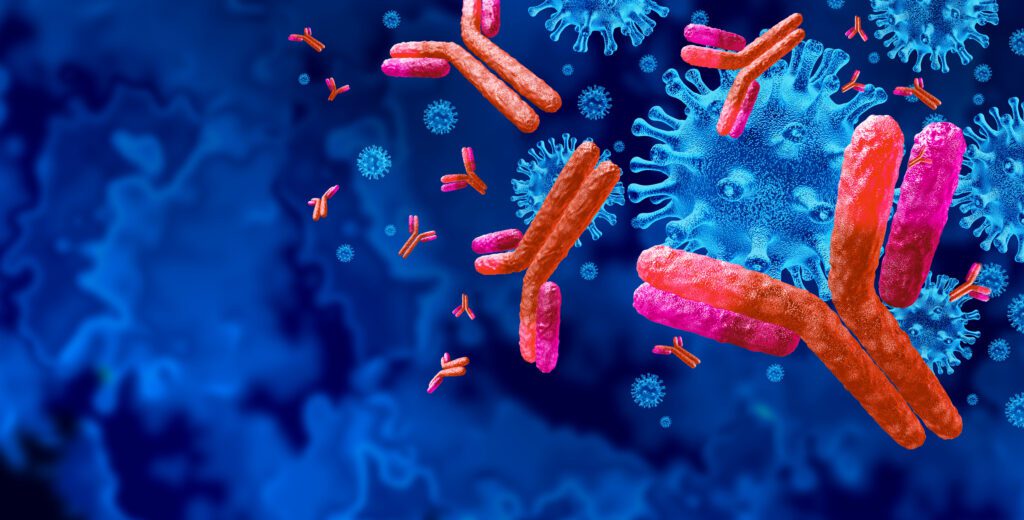
SUMMARY: Antigens are molecules that trigger an immune response, while antibodies are proteins produced by the immune system to neutralize or mark antigens for destruction. This relationship is fundamental to understanding the immune system, diagnostics, and modern medicine.

The immune system is a fascinating and complex network of defenses, but one common question often arises: what are the differences between antigens and antibodies? These two components play critical yet distinct roles in keeping us healthy, and understanding their differences can empower you to make informed decisions about your health and treatment options.
From interpreting test results to understanding how vaccines work, knowing the distinctions between antigens and antibodies is essential. Misunderstandings can lead to confusion in healthcare decisions. This article explores the differences between antigens and antibodies, their functions, and their significance in health and medicine.
Table of Contents
Understanding Antigens and Antibodies
What Are Antigens?
Antigens are molecules capable of triggering an immune response. These can include proteins, polysaccharides, or other substances found on the surfaces of pathogens such as bacteria, viruses, and allergens. Essentially, antigens signal to the immune system that a foreign invader is present.
- Examples: Allergens like pollen, bacteria, or viral proteins.
- Function: Initiates a defensive immune response to protect the body.
What Are Antibodies?
Antibodies, also called immunoglobulins, are specialized proteins produced by B cells in response to antigens. They bind specifically to antigens, marking them for destruction or neutralizing their harmful effects. Think of antibodies as the immune system’s targeted defense mechanisms.
- Function: Recognize and attach to antigens, facilitating their destruction.
- Production: Triggered by the immune system’s recognition of antigens.
Key Differences Between Antigens and Antibodies
Role in the Immune Response
- Antigens: Act as identifiers, signaling the immune system to take action.
- Antibodies: Serve as defenders, binding to antigens and neutralizing them or marking them for destruction.
Structure and Purpose
- Antigens: Large, complex molecules (e.g., proteins, carbohydrates) that are recognized as foreign.
- Antibodies: Y-shaped proteins designed to bind specifically to antigens like a key fits a lock.
Passive vs. Active
- Antigens: Passive components that trigger an immune response.
- Antibodies: Active participants in neutralizing threats or signaling immune cells to destroy antigens.
Antigen and Antibody Testing Explained
What Is Antigen Testing?
Antigen tests detect the presence of specific antigens from pathogens like viruses or bacteria. These tests are commonly used for diagnosing active infections, such as COVID-19 or strep throat. Rapid antigen tests provide quick results, making them valuable in medical diagnostics.
- Limitations: Antigen tests may have lower sensitivity compared to PCR tests, which detect genetic material.
What Is Antibody Testing?
Antibody tests determine whether antibodies are present in the blood, indicating past exposure to a pathogen or vaccine. These tests are often used to assess immunity levels or vaccine effectiveness.
- Key Insight: Antibodies can remain in the bloodstream for months after infection or vaccination, providing a record of immune activity.
The Role of Antigens and Antibodies in Vaccination
How Antigens Are Used in Vaccines
Vaccines introduce a harmless version or fragment of an antigen to the body. This exposure trains the immune system to produce antibodies, granting immunity without causing illness. mRNA vaccines, for example, use genetic instructions to prompt the body to create antigens and then the corresponding antibodies.
Antibody Production Following Vaccination
Vaccination stimulates the production of antibodies, which “learn” to recognize and combat specific pathogens. Memory cells created during this process ensure the immune system can respond quickly to future exposures.
Therapeutic Applications of Antigens and Antibodies
Antigens and antibodies play a crucial role in modern medicine, particularly in diagnostics and therapeutic treatments. Monoclonal antibodies, for instance, are lab-produced proteins that mimic natural antibodies and are used to treat cancer, autoimmune diseases, and infectious diseases like COVID-19.
- Applications: Targeted cancer therapies, lupus treatments, and biologics for immune system modulation.
Conclusion
Understanding the differences between antigens and antibodies helps demystify the immune system and its role in health and medicine. These components are at the core of diagnostics, treatments, and vaccines that protect against disease. By learning about their functions and relationships, you’re better equipped to make informed decisions about your healthcare.
Your Health Matters.
There's nothing more important.
